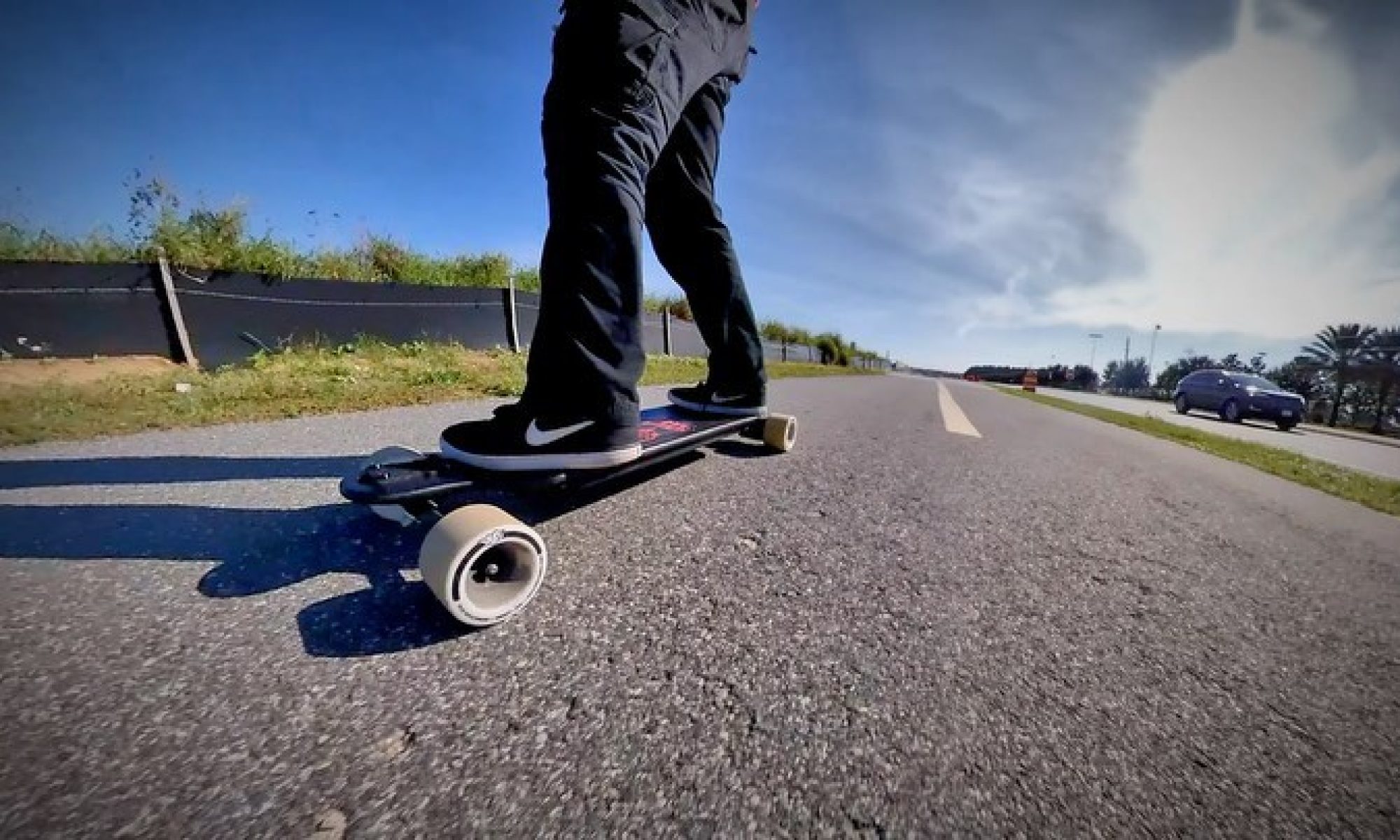SIGNIFICANT RISKS + MANAGEMENT:
One significant risk currently facing the project is the delay in GPS testing due to missing components, such as the antenna and Qwiic connectors. Without these parts, there is a risk that potential integration issues with the GPS module might not be identified early, which could impact the timeline for autonomous features. Another key risk is the delay in Bluetooth integration between the mobile app and the Raspberry Pi. This was caused by limited access to the Raspberry Pi earlier in the week. To mitigate this, mock data is being used to test the BLE functionality, ensuring that once hardware is accessible, the final integration can proceed smoothly.
There is also a risk with backend development—the team is still debating its necessity. If backend services are deemed essential later, it could introduce delays. To manage this, we are exploring lightweight solutions to avoid additional complexity.
DESIGN CHANGES:
So far, there have been no major design changes this week. However, discussions are ongoing about whether to implement a backend server for managing user data and skateboard status. If backend functionality is introduced, it may require modifications to both the web app and data management strategies. Additionally, the fall break adjustment in our Gantt chart has led us to focus more heavily on setting up hardware and testing BLE connections, slightly shifting the weight of certain tasks in the schedule.
SCHEDULE CHANGES:
The project schedule has been adjusted to account for fall break, with the understanding that fewer tasks were planned for completion during that week. This adjustment allows us to reallocate efforts toward critical tasks in the upcoming week, including sensor integration and motor control development. Additionally, the delay in Bluetooth testing pushed some BLE-related milestones into next week. These adjustments ensure that the project can continue progressing without disruptions, and all key deliverables are still aligned with the final deadlines.
PROGRESS:
This week, the team made significant progress in both hardware setup and software development. Parts from the course inventory, including the Raspberry Pi 4, Intel RealSense LiDAR Camera L515, and SparkFun GPS-RTK Dead Reckoning Breakout (ZED-F9R), were retrieved, and initial setup tasks were initiated. The Raspberry Pi environment was configured, and preliminary testing of the LiDAR sensor was successfully performed on desktop and Windows devices. This involved installing the RealSense software and exploring the Intel SDK’s integration with Linux. We also reviewed Python code samples to streamline sensor integration efforts.
In parallel, the mobile app development progressed significantly. The entire UI/UX, with animations, real-time feedback, and responsive design, was completed, and the core layout for the remote control is now ready. Foundations for Bluetooth Low Energy (BLE) integration have been established by refining connection flows. However, Bluetooth testing has been delayed as access to the Raspberry Pi was limited this week. In the meantime, mock data is being used to simulate the BLE functionality. The team is also considering the need for backend coding, which is still under discussion.
Testing of the GPS module remains pending as essential components, such as the antenna and connectors, are still on order. The design report has been finalized and will guide system integration moving forward. Additionally, we adjusted our timeline to account for fall break, acknowledging that fewer tasks were expected to be completed during this period unless necessary.
Part A: Global Factors
(Written by Tioluwani Ajani)
SkateBack addresses the growing global need for sustainable, accessible urban transportation solutions by providing a personal mobility option that is electric, compact, and adaptable to various environments. With increased urbanization worldwide, many cities face challenges related to traffic congestion, air pollution, and accessibility. SkateBack offers a zero-emission alternative that encourages individuals to reduce their dependence on fossil-fuel-powered vehicles, contributing to a cleaner environment. As governments and organizations worldwide push for carbon neutrality and improved air quality, personal electric transportation options like SkateBack align with these goals by promoting environmentally friendly travel options. This solution not only benefits cities but also applies to smaller communities where public transportation options may be limited or unreliable, bridging the mobility gap sustainably.
Part B: Cultural Factors
(Written by Jason Hoang)
a
Part C: Environmental Factors
(Written by Sharon Li)
SkateBack is designed to address environmental challenges, particularly in urban transportation and air pollution. By offering a zero-emission alternative for short-distance travel, it contributes to reducing the carbon footprint. As cities and governments push for carbon neutrality with stricter emissions regulations, electric skateboards like SkateBack enable individuals to actively participate in these global environmental efforts. With its rechargeable batteries, SkateBack minimizes the need for fossil fuels, and its compact size reduces the strain on urban infrastructure. SkateBack is designed to reduce dependency on cars and other gas-powered vehicles, thus playing a role in the mitigation of environmental impacts from transportation.
Beyond providing sustainable mobility, SkateBack encourages users to adopt greener habits. Its CO2 savings feature allows users to track how much they’ve reduced their emissions by choosing the skateboard over traditional vehicles. This raises awareness about carbon footprints and empowers users to make more eco-friendly transportation choices. As cities adopt greener transportation solutions to combat climate change, SkateBack aligns with initiatives to reduce fossil fuel dependence and enhance sustainable urban mobility.
